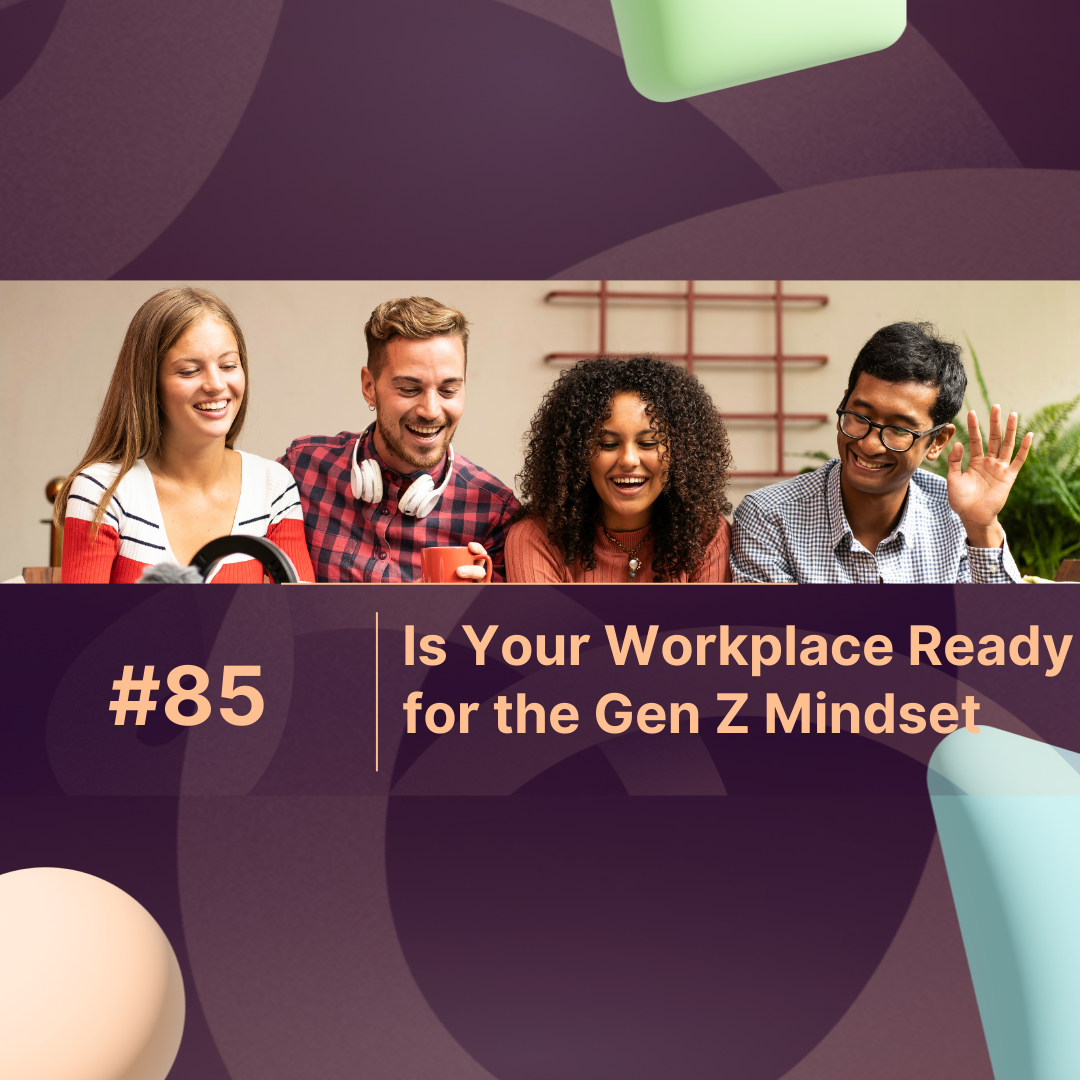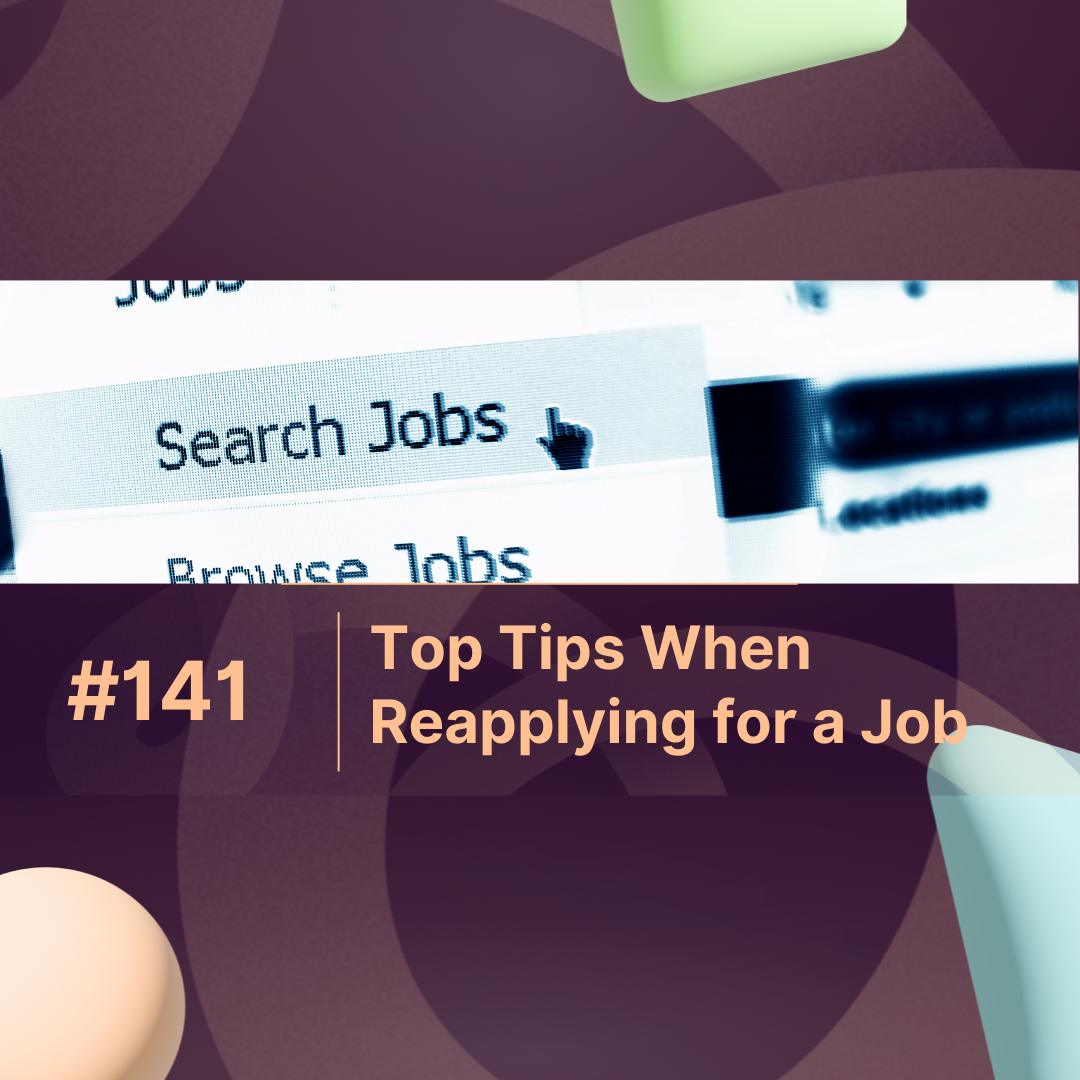Overview
The Gen Z mindset is reshaping the modern workplace. Born between the late 1990s and early 2010s, Gen Z now makes up a growing share of the global workforce. They bring fresh expectations: flexibility, purpose-driven work, digital fluency, and an emphasis on personal growth.
For companies, this means adapting policies, culture, and technology to align with the Gen Z mindset or risk losing top talent to more forward-thinking competitors.
This article explores what the Gen Z mindset looks like, how it impacts workplace culture, and what businesses can do to prepare.
Why the Gen Z Mindset Matters
By 2025, Gen Z will make up 27% of the global workforce (World Economic Forum). Their values differ significantly from Millennials and Gen X:
-
They expect flexibility (remote or hybrid options).
-
They value mental health and work-life balance.
-
They want technology-driven workplaces.
-
They prioritize career growth and learning opportunities over job security alone.
In short: if your workplace isn’t ready for the Gen Z mindset, you could struggle to attract and retain this critical talent pool.
Key Traits of the Gen Z Mindset
1. Digital-First Approach
Gen Z grew up with smartphones, social media, and instant access to information. They expect seamless technology at work—whether it’s collaboration tools, HR self-service, or AI-driven platforms like MaxProfile that help them showcase skills and career growth.
2. Purpose Over Paycheck
A Deloitte survey found that 77% of Gen Z consider company values before accepting a job. They want meaningful work and to feel that their role contributes to a bigger mission.
3. Learning & Growth Orientation
Unlike previous generations who valued long-term job stability, Gen Z focuses on skill development. They see careers as fluid and expect employers to provide training, mentorship, and mobility opportunities.
4. Diversity & Inclusion Focus
For Gen Z, inclusion isn’t a “nice-to-have”—it’s a requirement. Workplaces that fail to foster diversity risk being perceived as outdated.
5. Work-Life Balance & Mental Health
Gen Z is more vocal about burnout and mental health than older generations. Employers must offer flexible schedules, wellness benefits, and support systems.
Data Insights: Gen Z in the Workplace
| Gen Z Mindset Trait | Business Impact | Numeric Insight |
|---|---|---|
| Demand for flexibility | Impacts retention & recruitment | 74% prefer hybrid work (McKinsey) |
| Values-driven decisions | Affects employer branding | 77% check company values (Deloitte) |
| Focus on growth & skills | Drives learning & development investments | 69% want career growth opportunities (LinkedIn) |
| Mental health priority | Shapes wellness programs | 82% say mental health support is important (APA) |
| Digital-native workforce | Requires modern tools & tech integration | 91% say tech at work influences job choice (PwC) |
Preparing Your Workplace for the Gen Z Mindset
-
Adopt Modern HR Tech – Platforms like MaxProfile help Gen Z showcase their skills, track progress, and connect with career growth opportunities. This not only empowers employees but also streamlines hiring for employers.
-
Promote Transparency & Purpose – Share your company’s mission clearly and show how roles contribute to it.
-
Offer Flexible Work Models – Hybrid or remote options are not perks anymore—they’re expectations.
-
Invest in Learning & Upskilling – Provide continuous training, mentorship, and career mobility.
-
Prioritize Mental Health – Integrate wellness initiatives, counseling support, and work-life balance policies.
Conclusion
The Gen Z mindset is not a trend it’s the future of work. Companies that adapt by embracing flexibility, purpose, growth, diversity, and digital-first solutions will attract and retain this generation. By preparing now, you’re not only future-proofing your workplace you’re building a culture that empowers all employees.
Platforms like MaxProfile already align with this mindset, offering Gen Z professionals a smarter way to present skills and employers a clearer way to evaluate talent. The question is: is your workplace ready to meet them where they are?
FAQs: Gen Z Mindset
1. What does Gen Z mindset mean in the workplace?
It refers to Gen Z’s expectations around flexibility, digital tools, purpose-driven work, diversity, and mental health support.
2. Why is the Gen Z mindset important for employers?
By 2025, Gen Z will be over a quarter of the workforce. Ignoring their values risks losing top talent and weakening employer brand.
3. How does technology impact the Gen Z mindset?
Gen Z expects seamless, digital-first tools. Platforms like MaxProfile meet their need for career visibility, growth tracking, and digital empowerment.
4. What motivates Gen Z more—salary or purpose?
While salary matters, Gen Z prioritizes meaningful work, career growth, and company values over pay alone.
5. How can companies prepare for the Gen Z mindset?
Adopt modern HR tech, offer hybrid work, invest in training, promote inclusion, and prioritize employee well-being.



